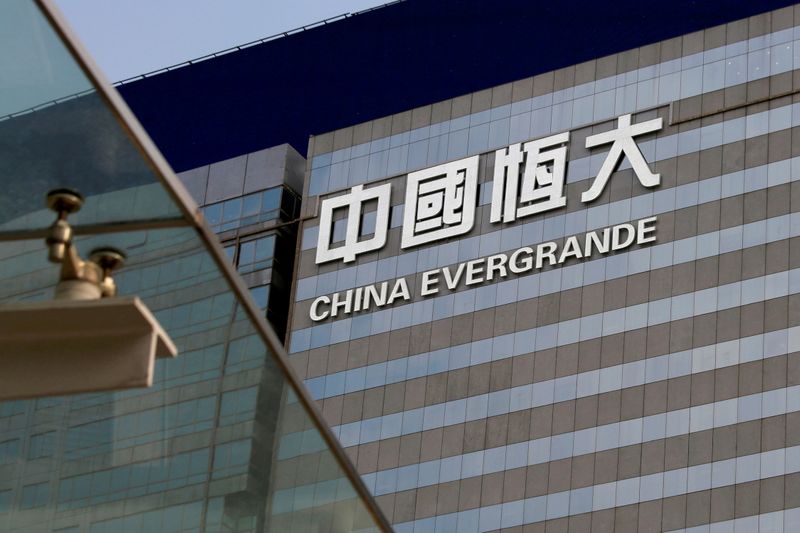By Ambar Warrick
Investing.com-- Major Chinese real estate stocks listed in Hong Kong and the mainland fell on Wednesday after a batch of weak earnings indicated that pressure on the sector was far from over.
Hong Kong-listed majors Country Garden Holdings Company Ltd (HK:2007) and Longfor Properties Co Ltd (HK:0960) fell over 4.5% each, while Shenzhen-listed shares of China Vanke Co Ltd Class A (SZ:000002) fell 0.7%.
Hong Kong shares of China Overseas (HK:0688), one of the largest property developers in China, fell more than 1% after the firm’s profit attributable to shareholders for the first half of 2022 fell by about 20%. This came on the back of a 33% drop in net property sales.
Hong Kong-listed Redco Properties Group Ltd (HK:1622) dropped 1% after it warned that its first-half profit was likely to be a fraction of the figure seen last year, owing to market headwinds.
Poly Property Group Co Ltd (HK:0119), another major real estate developer, logged a HK$150 million drop in its interim net profit on Wednesday, even as overall revenue surged. But the firm, like most of its peers in China, is experiencing higher costs in generating sales amid a broad contraction in the property market.
Earlier this month, real estate major Country Garden Holdings had also warned of a steep decline in its first-half profit.
China’s property market, which at its peak accounted for a quarter of the country’s GDP, has seen a major cash crunch this year amid slowing sales and an ongoing mortgage boycott.
The property meltdown came to light last year after China Evergrande Group (HK:3333) - once the country’s second-largest real estate firm - said it could not repay as much as $300 billion worth of debt.
While the firm is set to undergo a major restructuring this year, its massive debt obligation has seeped into other parts of the property market.
This has spurred measures by the government to shore up lending in the country. The People’s Bank of China this week cut mortgage rates to invite more real estate investment, and reportedly plans to deploy about $40 billion to support the sector.
But Beijing’s hesitance to scale back its zero-COVID policy, which is at the heart of China’s economic woes this year, is likely to keep pressuring the market.
The country also has to contend with a brewing energy crisis, sparked by a severe heatwave in the past month.
